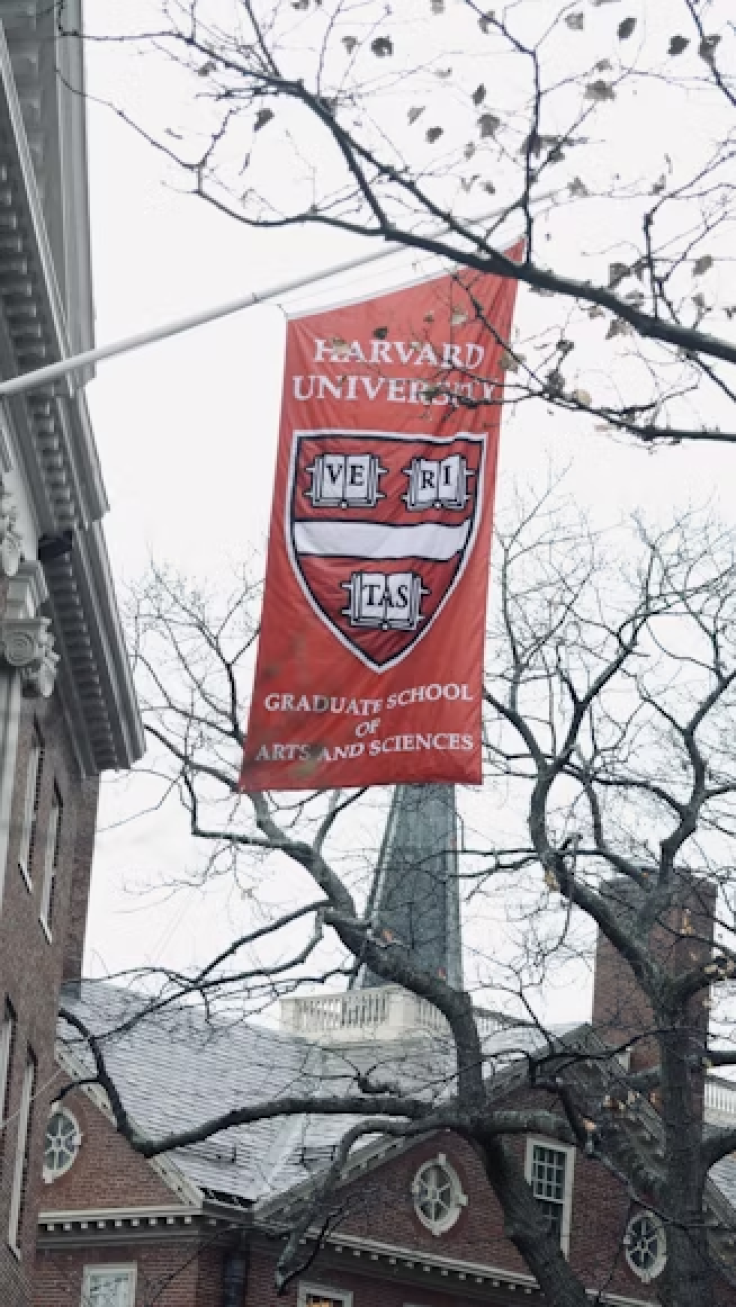Harvard Faces Backlash as Larry Summers Challenges Derek Penslar's Role in Antisemitism Task Force Leadership
ByHarvard University recently announced the formation of two task forces to address antisemitism and Islamophobia on campus. However, the appointment of Harvard Professor Derek Penslar as co-chair of the antisemitism task force has ignited a firestorm of controversy. Former Harvard President Larry Summers, along with other critics, has expressed concern about Penslar's suitability for this role.

Larry Summers' Critique
Larry Summers, who served as Harvard's president from 2001 to 2006, took to social media to condemn the university's leadership for appointing Penslar. Summers expressed a loss of confidence in the ability of Harvard's leadership to maintain an environment where Jews and Israelis can flourish. He pointed out that the previous antisemitism task force had been disbanded following the resignation of Rabbi David Wolpe, a respected member of the committee, who stepped down in protest last month.
READ ALSO : Financial Challenges Hit London South Bank University As £16 Million In Unpaid Fees Written Off
Penslar's Appointment and Controversial Positions
The crux of the controversy lies in Professor Penslar's appointment as co-chair of the antisemitism task force. While acknowledging Penslar as a profound scholar of Zionism and a person of goodwill, Summers highlighted several positions taken by Penslar that, in his view, make him unsuitable for leading the task force. Penslar has been criticized for minimizing Harvard's antisemitism problem, rejecting the US government's definition of antisemitism, and making statements referring to Israel as an apartheid state.
Public Positions and Critics' Concerns
Critics point to Penslar's public positions, including his signing of an open letter stating that "Palestinians live under a regime of apartheid" and claiming that judicial overhauls in Israel aim to "ethnically cleanse" Palestinian territories. Summers and others argue that while these positions might be acceptable for a professor, they are problematic for the co-chair of an antisemitism task force. They believe that such a role requires an individual who does not hold controversial views on the matter.
Call for Penslar's Resignation
Summers, joined by other notable figures like billionaire Harvard alum Bill Ackman, has called on Penslar to step down as co-chair of the task force. Ackman, who has been critical of Harvard's handling of antisemitism, stated that the university continues on the path of darkness with Penslar's appointment.
Harvard's Response
In response to the criticism, Harvard issued a statement defending Professor Penslar. The university emphasized Penslar's reputation as a renowned scholar of modern Jewish and Israeli history and his commitment to tackling antisemitism. The statement also highlighted the task force's goal of undertaking broad consultation to identify the root causes of antisemitism on campus.
Penslar's Defense and Support
Penslar, in his own statement, expressed dedication to the education and well-being of Harvard students. He sees the task force as an opportunity to address antisemitism and subtle forms of social exclusion affecting Jewish students. Supporters, including the American Academy for Jewish Research, have come to Penslar's defense, praising his expertise and emphasizing the need for such knowledge in the current context.
Division Among Harvard Community
The controversy has exposed a division within the Harvard community, with conflicting opinions on Penslar's appointment. Harvard Government Professor Steven Levitsky defended Penslar and criticized Summers, highlighting that Summers' views do not represent the majority of Jews at Harvard.
Harvard's decision to appoint Professor Derek Penslar as co-chair of the antisemitism task force has sparked a heated debate within the university community.
While some argue that Penslar's expertise is crucial for addressing the issue, others, including Larry Summers, believe that his controversial positions make him unfit for the role. The controversy underscores the challenges universities face in navigating complex issues such as antisemitism and the importance of selecting leaders who can effectively address concerns while fostering an inclusive environment.
© 2025 University Herald, All rights reserved. Do not reproduce without permission.








